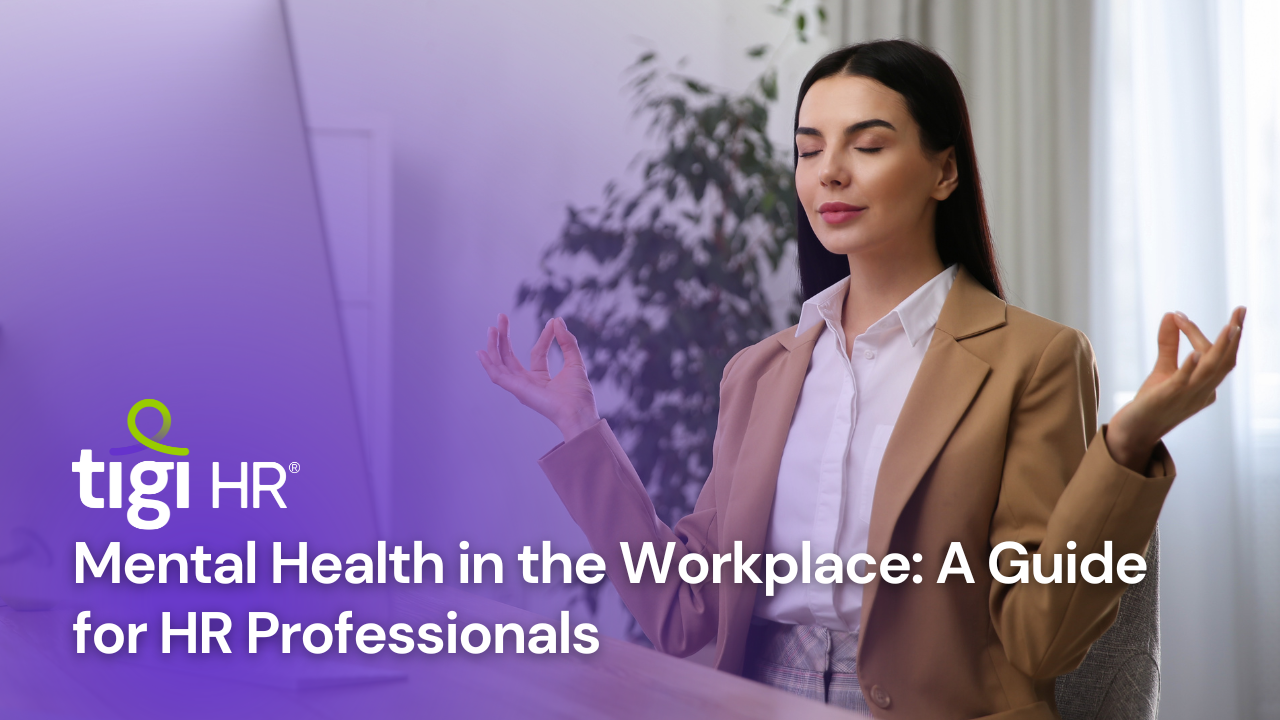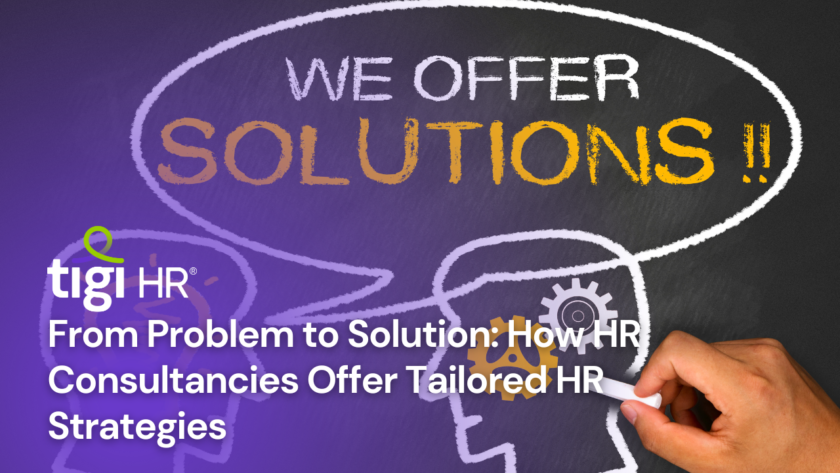In the ever-evolving landscape of modern workplaces, the spotlight on employee mental health has never been brighter. Human Resources (HR) professionals, the unsung heroes of organizational well-being, are now more than ever tasked with navigating the complex terrain of mental health at work. In this guide, we will explore how HR professionals can champion mental wellness initiatives within their organizations.
Acknowledging the Importance of Mental Wellness
Before delving into strategies, it’s essential for HR professionals to recognize the profound impact of mental wellness on employees and the bottom line. A mentally healthy workforce is not only happier and more productive but also contributes to lower turnover and enhanced organizational reputation.
Creating a Stigma-Free Environment
The first step in promoting mental health at work is to break down the stigma surrounding it. HR professionals should lead the way in normalizing conversations about mental health. By sharing stories, organizing workshops, and providing resources, they can create a safe space for employees to open up about their struggles.
Building a Supportive Ecosystem
Establishing a mental health support system is paramount. HR professionals can collaborate with leadership to implement Employee Assistance Programs (EAPs), access to counselors, and peer support networks. These resources can serve as lifelines for employees facing challenges.
Mental Health Training for All
Mental health training is not just an option; it’s a necessity for HR professionals, managers, and employees alike. By equipping everyone with the knowledge to recognize signs of distress, HR can ensure early interventions and a culture of empathy and understanding.
Stress Reduction and Resilience Building
HR professionals can play a pivotal role in stress reduction and resilience-building initiatives. They can encourage the adoption of mindfulness practices, provide stress management workshops, and advocate for policies that foster work-life balance.
Tailored Accommodations
Every employee’s journey with mental health is unique. HR professionals should be prepared to offer customized accommodations that cater to individual needs. Whether it’s flexible work hours, job reassignments, or additional support, tailoring solutions is key.
Open Channels of Communication
Clear and open communication channels are vital in addressing mental health concerns. HR professionals can establish regular check-ins with employees, where concerns can be voiced, and progress can be tracked.
Measuring Impact and Adapting
HR professionals must track the effectiveness of their mental wellness initiatives. This involves collecting feedback, analyzing metrics like absenteeism and productivity, and making adjustments as needed to continuously improve support systems.
Conclusion
Mental health in the workplace is not a trend but a fundamental aspect of employee well-being. HR professionals hold the reins in fostering a culture that prioritizes mental wellness. By acknowledging the importance of mental health, eliminating stigma, and proactively implementing support systems and training, HR can guide their organizations towards a brighter, healthier, and more productive future where employees thrive both personally and professionally.
TIGI HR: Pioneering Recruitment & Staffing Services Across India
Introducing TIGI HR: India’s Trusted Recruitment & Staffing Powerhouse
As TIGI HR continues to redefine the recruitment landscape in India, their dedication to providing top-notch HR solutions remains unwavering. With their robust presence across major cities and their technologically sound approach, TIGI HR empowers businesses to thrive by connecting them with exceptional talent and paving the way for a prosperous future.
Find trusted recruitment agencies : Click here





